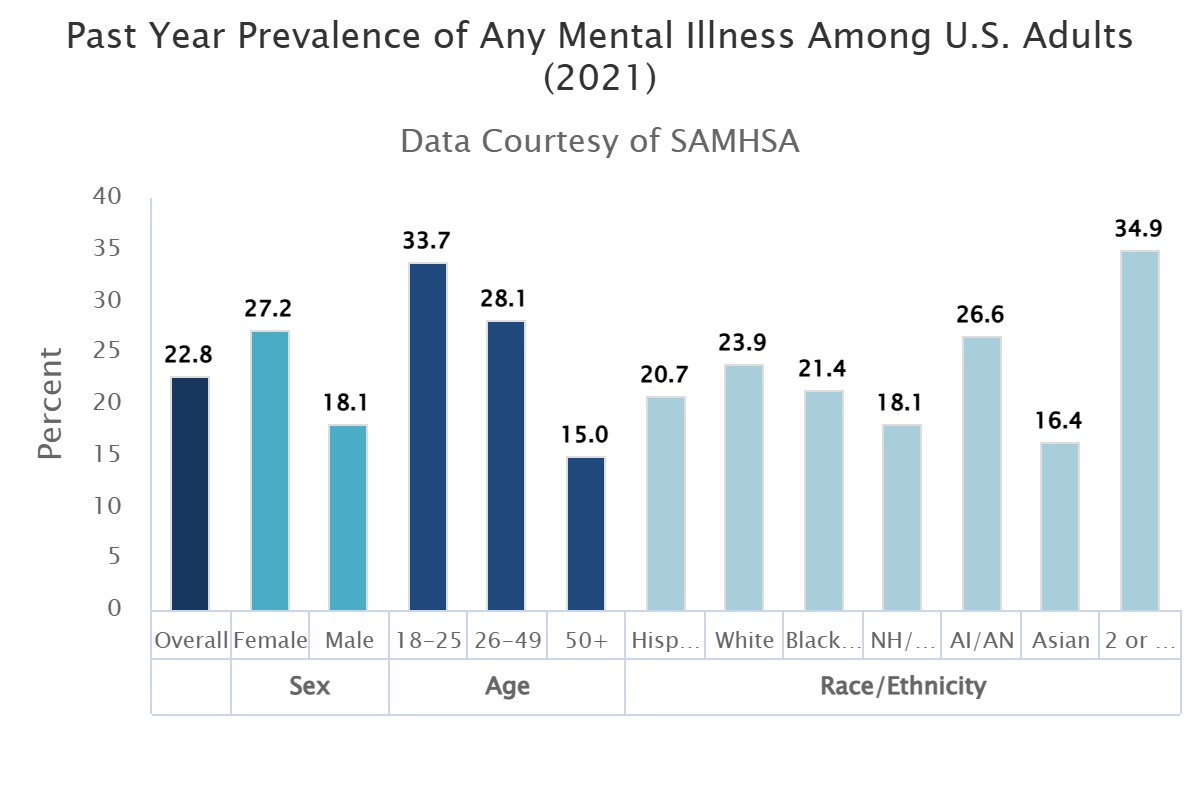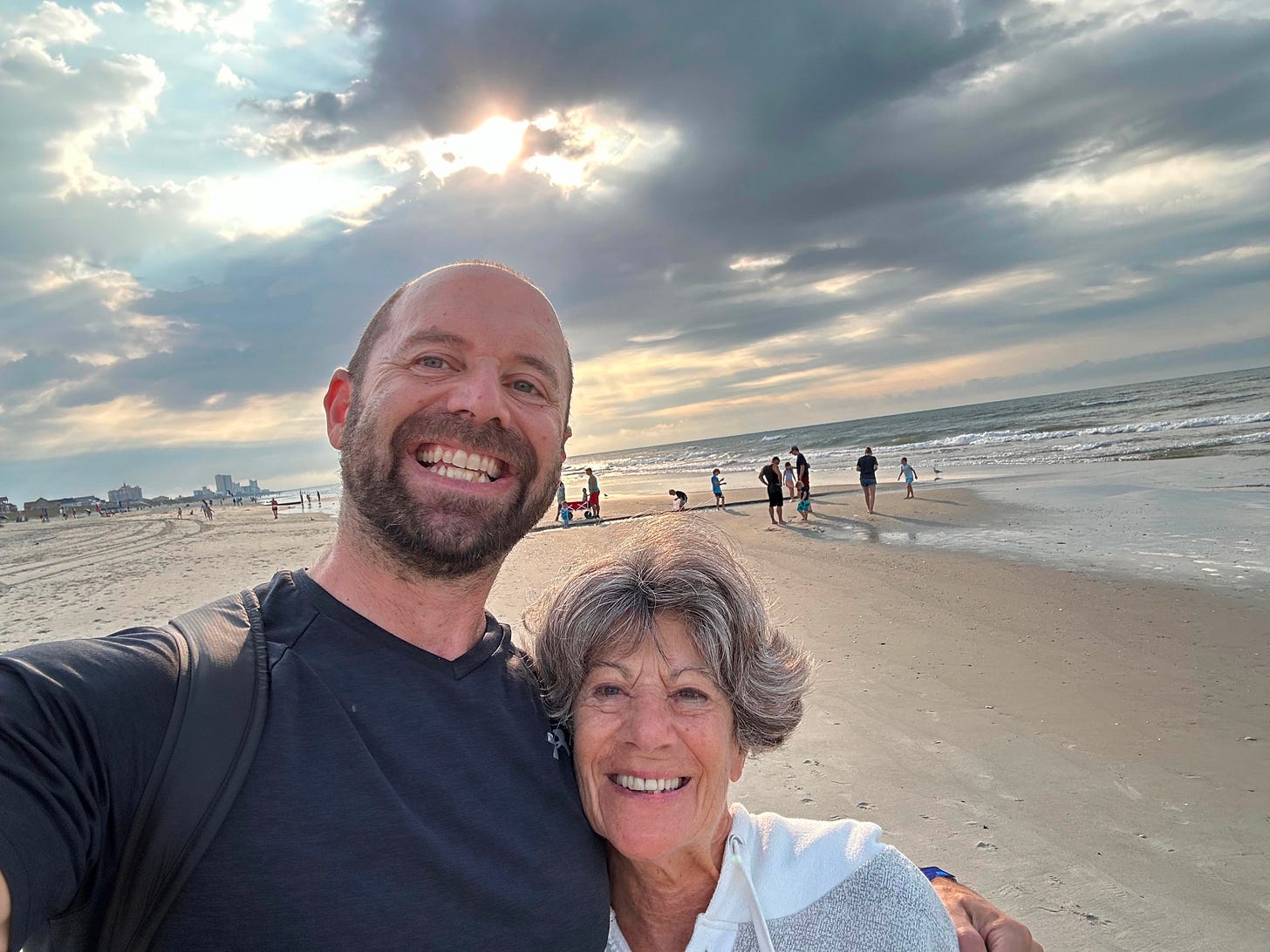If this is your first issue of Provoked, learn more - here.
Join the Provoked community for exclusive access to bonus posts
Curiosity got the best of me, as I abort a bland book on childhood “genius.”1 What are the statistics on self-help book sales? Since 2013, self-help titles have tripled, catapulting the industry's worth to $13.4 billion by 2022. Over 17 million books are being sold per year.
Just imagine what would happen to the global mental health crisis if this shit actually worked!

The Evidence on Self-Help Books
In the quiet moments when your mind drifts and wanders (about 30-50% of waking hours), that's when epiphanies strike. It's rarely during deliberate attempts at absorbing self-help advice.
How do we know? Let’s turn to research in the era before smartphones disrupted humanity (as detailed in
+ ).In 1978, Dr. Richard Stuart surveyed nearly 25,000 women and found that 94% of diets fail. In 1981, Dr. Robert Kohlenberg recruited headache sufferers, giving them free copies of his migraine relief self-help book. What he found was deflating. Only 20% read the book. Less than 5% implemented the advice. This lack of follow-through renders many self-help books ineffective, leaving readers unaffected.
In 2008, a team examined the “50 top-selling self-help books for anxiety, depressive, and trauma-related disorders.” Instead of sifting through glowing book reviews by friends and family on Amazon, consider a careful examination of the content by experts: practicing clinicians with doctoral degrees who specialize in emotional disorders. The results, displayed below, are laughable.
Only 48% of books shared techniques with supportive evidence
Only 24% offered guidance on how readers can determine whether they are making progress
Only 34% offered strategies that help with long-term problems - not just short-term mood boosts
In case you want to know what’s on the list, here are the top 50 ranked on quality by clinical psychologists.
I’m pleased to see that the over five million people that own David Burns’ Feeling Good might have chosen well - which led to the sequel, Feeling Great. Caveat emptor, however, as you can see that the titles of lower ranked books (Overcoming Anxiety) are indistinguishable from the higher ranked (Stop Obsessing).
While there's uncertainty about the full impact of these books, it's crucial to understand who benefits from them, in what ways, and for how long. By studying bright spots, the ones shown to be effective, we can provide valuable insights to authors and publishers - with the hope of improving the next batch of self-directed mental health resources.
This is what I believe:
We overestimate the benefits of self-help books.
We underestimate events that require no formal intervention by authors, motivational speakers, or therapists.
Quantum Change
Albert Camus, the French philosopher who won the Nobel Prize at the young age of 44, captures a moment. A moment when some of us recognize how fucking absurd life is.
It happens that the stage sets collapse. Rising, streetcar, four hours in the office or the factory, meal, streetcar, four hours of work, meal, sleep, and Monday Tuesday Wednesday Thursday Friday and Saturday according to the same rhythm—this path is easily followed most of the time. But one day the 'why' arises and everything begins in that weariness tinged with amazement
This moment often hits when trite routines—waking up, commuting, working, eating, and sleeping—suddenly feel heavy and meaningless. The rhythm that once seemed natural now grinds us down, and we wonder how we never noticed its weight before.
Amid these rhythms, the mind drifts away from the present, opening a portal to divergent thought (the science - here). This wandering resembles microsleep, a momentary pause for the brain to recharge. It is during these intervals that the mind reconsiders the seemingly immutable, revealing the negotiable. Imagine watching a film for an hour, only to be gently stirred by a subtle ache, prompting movement.2 These internal experiences are not mere distractions but the mind's artful way of redefining what truly matters.
A sudden break from the tedium can drive us to life-altering decisions. My Aunt Naomi, married for 15 years, left her husband right after my mother—her older sister—died at 39. It was a swift, instinctive move, a realization that happiness cannot wait because it could all end now.
There is nothing more to the story than this:
A stark reminder of mortality compels an immediate reshuffling of priorities. Memento Mori: Latin for “remember you die.”

She was open to a question, a concern, bubbling beneath the surface of conscious awareness. Why am I living in a manner that contradicts how I wish to feel, think, and exist?
Provocations
We underestimate our sense of agency. At any moment, we hold the potential to reassess routines and make bold changes.
Be open to the wisdom of smart, highly qualified people who are trying to help you. A small subset of self-help authors will speak in exactly the right language such that your mind translates words into action. Who cares what it is. Who cares how popular it is. Just use it well.
Also, at no financial cost, remain vigilant to moments when your mind drifts from the daily grind. The incubation effect occurs when we immerse ourselves in unrelated activities. Your brain could be wrestling with an alternative life plan that has been incubating for months, even years. Sometimes, a single thought or question bursts into consciousness. Be courageous enough to explore it and act decisively.
Thanks for reading Provoked. Please support my work:
Leave a ❤️ so that others can find it;
Leave a comment (I do my best to respond);
Share this post on social media and invite friends.
Subscribe (with benefits such as the chat room and 200+ article archive).
If you are already a premium Provoked subscriber, do leave your thoughts in the chat room.
Todd B. Kashdan is an author of several books including The Upside of Your Dark Side (Penguin) and The Art of Insubordination: How to Dissent and Defy Effectively (Avery/Penguin) and Professor of Psychology and Leader of The Well-Being Laboratory at George Mason University.
Read Past Issues Here Including:
The Precarious Tightrope of Modern Masculinity
I put a lot of work into this newsletter - my primary creative outlet. If you have the resources, please become a paid subscriber, support this hard work, and join the uber-supportive Provoked community. Bonus: lots of treats.
I could never kill the book of an author who worked hard writing one. But if you called me on the phone, I’d tell you the name of it.
I am a terrible position to watch movies with as this happens at least half of the time I sit on a couch for more than 30 minutes.









I can't help but wonder if we expect too much from reading "one book". It'd be amazing to see what happens when people read multiple books (high quality ones) on a given issue. I suspect that dosing/frequency are an important part of any meaningful changes that people experience.
I also don't think it's about the "self-help" books per se, hopefully, the change comes from gained insights and understanding of the issue at hand. Self help is one source of potentially useful insight, but it's better to supplement with other perspectives.
Those moments of divergent thinking!!
Aunt Naomi seems really cool. Sorry about your mother.